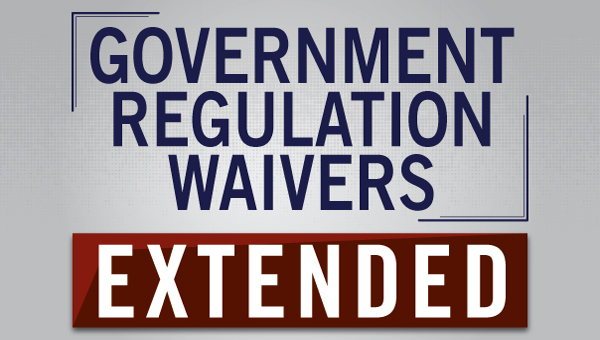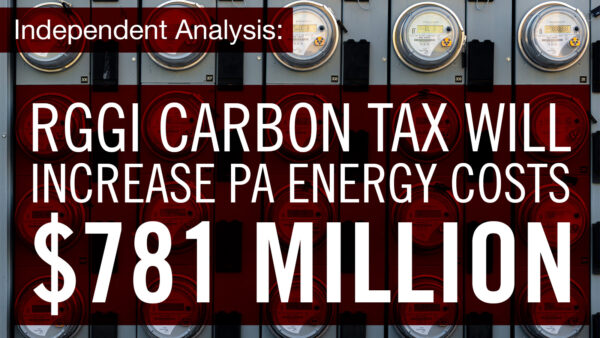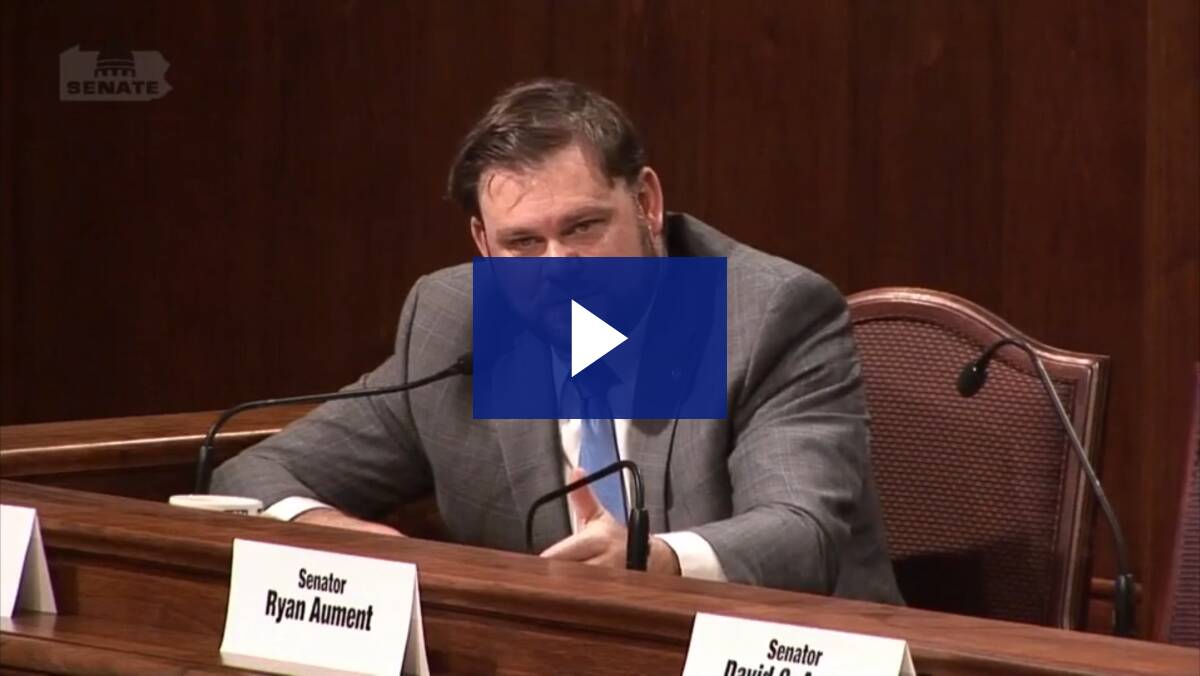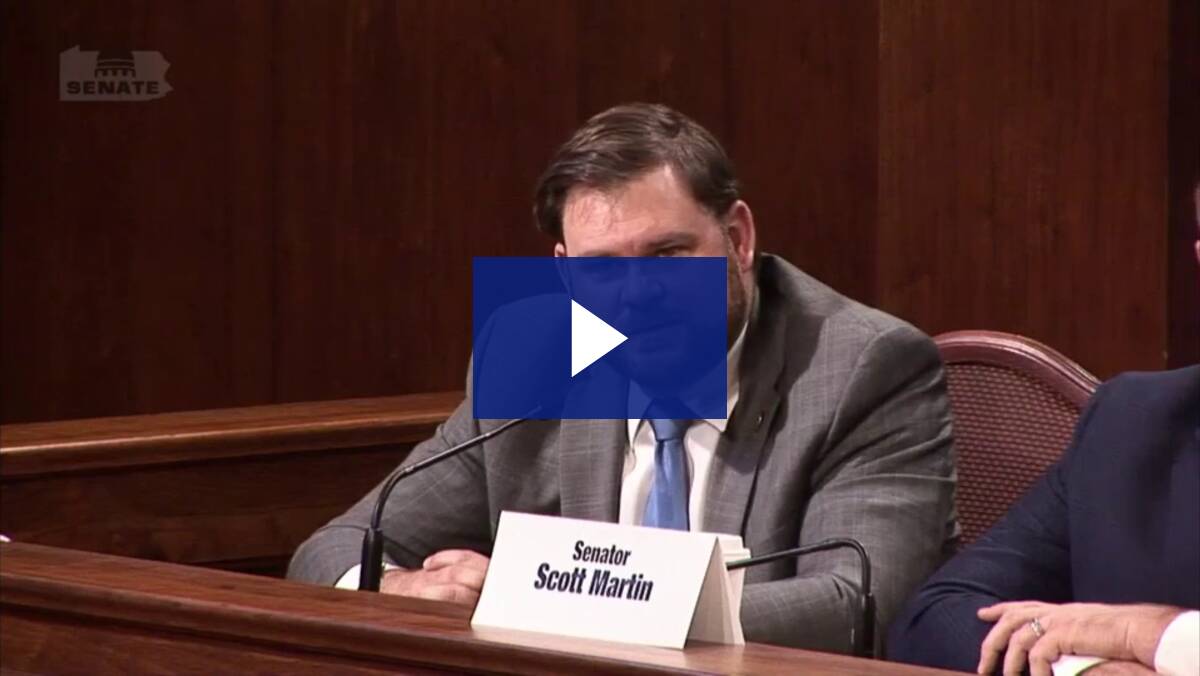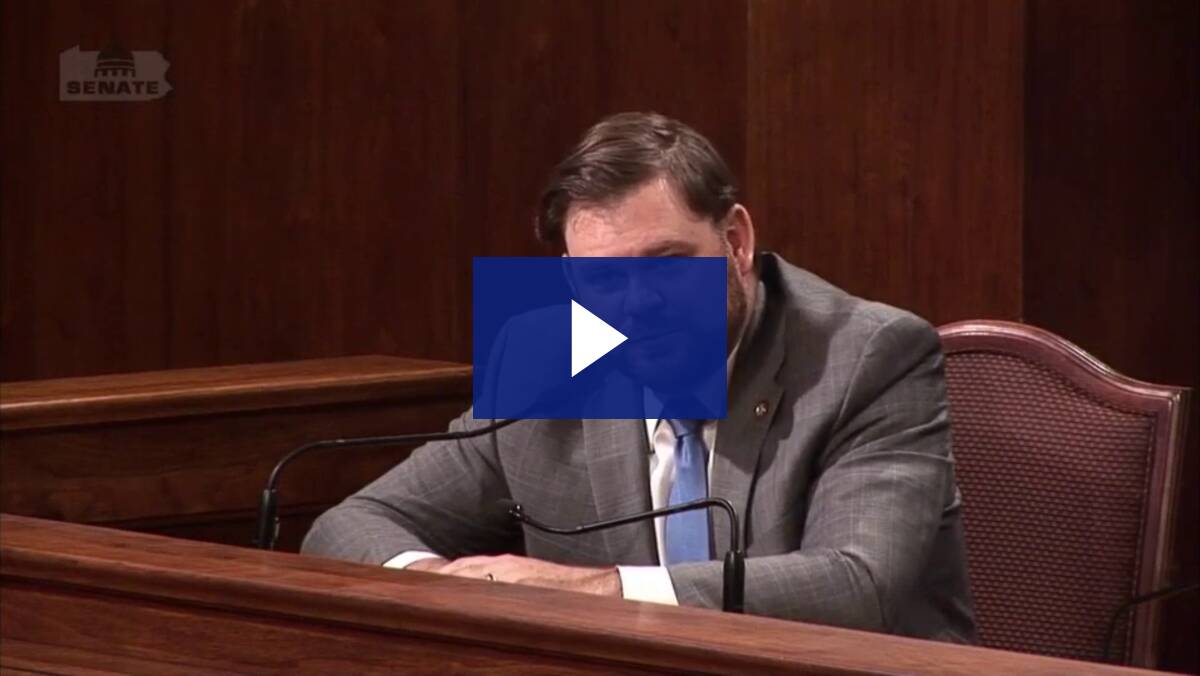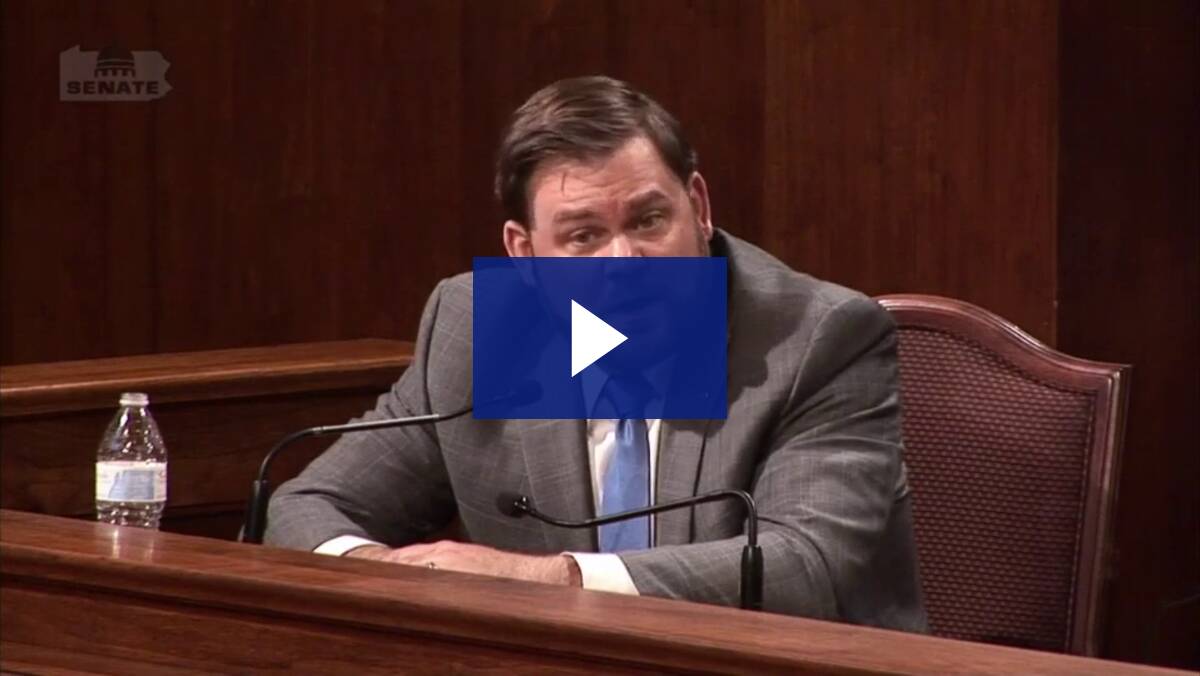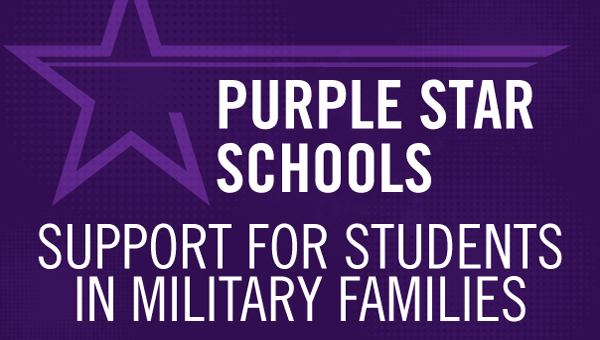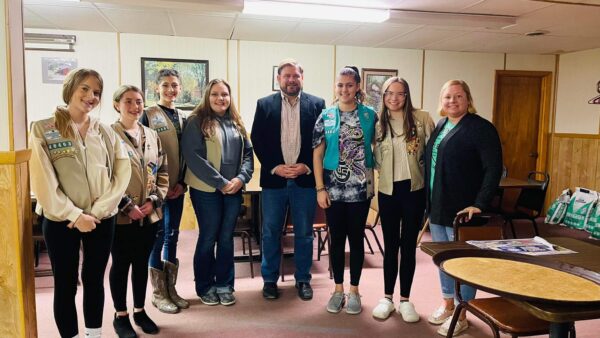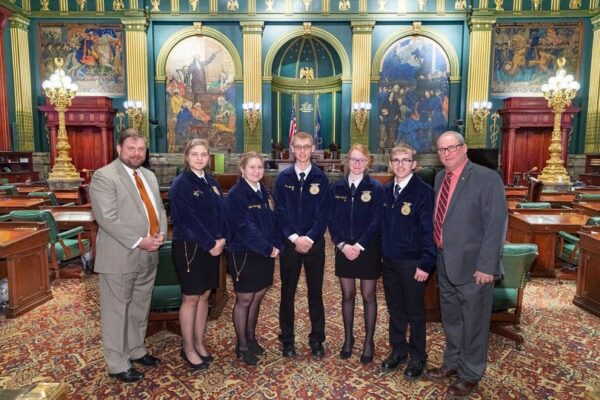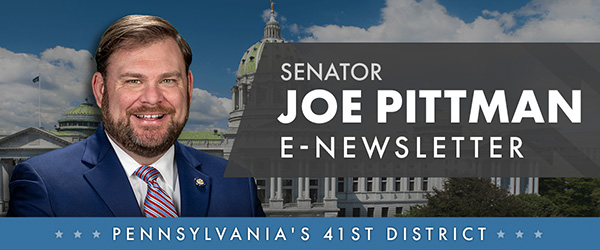
|
||||
|
In this Update:
Senate Acts to Extend Pandemic Waivers of Government Regulations
The state Senate this week voted to extend waivers of several regulatory statutes, rules and regulations to aid in Pennsylvania’s recovery from the COVID-19 pandemic. Senate Bill 1019 was signed into law as Act 14 of 2022. The waivers affecting health and human services, as well as consumers, workers and veterans, were due to expire Thursday. Act 14 extends the waivers until June 30, 2022. The waivers were initially implemented as part of the COVID-19 emergency declaration in 2020. In response to overreach by Gov. Tom Wolf, voters in 2021 stripped him of the authority he claimed to extend emergency declarations without approval of the General Assembly. Wednesday’s vote marks the third time the legislature has extended waivers. Some of the waivers extended through June 2022 allow for:
The new law also requires commonwealth agencies to issue a report to the public and the General Assembly identifying regulatory statutes, rules or regulations that were temporarily suspended that the agency believes should be considered for a permanent suspension. Independent Analysis Concludes RGGI Carbon Tax Could Increase Pennsylvania Electricity Costs 3.8 Times more than Wolf Administration Projections
Impartial analysis from the Independent Fiscal Office (IFO) projects the Regional Greenhouse Gas Initiative (RGGI) could nearly quadruple new electricity costs for consumers. The nonpartisan IFO reviewed the Wolf administration’s outdated RGGI modeling and presented its findings to a joint hearing of the Senate Environmental Resources and Energy Committee and the Community, Economic and Recreational Development Committee on Tuesday. IFO Director Matthew Knittel said Pennsylvania could spend upwards of $781 million annually on emissions credits at the RGGI auctions – nearly four times the amount anticipated by the administration’s taxpayer-funded 2020 analysis used to justify Pennsylvania’s participation in RGGI. The IFO also warned members that “those costs would be pushed through to final customers.” The IFO analysis also concluded that emissions reductions between 2008 and 2020 for the 10 RGGI states were comparable to non-participating states. The administration’s effort to force Pennsylvania into RGGI is being challenged in court and could face additional legislative action. During the hearing, I questioned IFO Director Knittel about RGGI administration costs and RGGI’s tax implications for Pennsylvanians. I also focused on how RGGI ignores the realities of electricity production, specifically that renewable energy source like solar power won’t be able to replace electricity produced by natural gas or coal, when questioning a panel of Pennsylvania business and industry groups. The impact of RGGI on existing energy jobs in Pennsylvania was my question for a panel of individuals representing Pennsylvania labor organizations. And during the last segment of the hearing which featured the University of Virginia’s Dr. William Shobe, I asked about who runs RGGI and the cost of running it, as well as observed that RGGI is making Pennsylvania electricity producers less competitive compared to those in non-RGGI states in an effort that is essentially socializing the cost of electricity. “Purple Star Schools” to Support Military Families Approved by Senate
The Senate approved legislation to have Pennsylvania join 28 other states in establishing a Purple Star School Program for students from military families. The measure was sent to the House of Representatives for consideration. The program is a state-sponsored recognition designed to acknowledge a public, private or charter school that has committed to supporting the unique educational and social-emotional needs of military-connected students. A Purple Star School designation means better ease and consistency in transferring schools so children experience fewer educational gaps and obtain meaningful support when frequently moving to new towns and schools as a military child. Senate Bill 1028 would provide “Purple Star” recognition to schools that: maintain a website with resources for military-connected students and their families, designate a staff point of contact for these students, provide training to school staff to best equip them to support these families, establish a partnership with a military installation, and take other steps. Senate Votes to Extend Disaster Emergency Declaration for Pittsburgh Bridge Collapse
The Senate approved a resolution to extend the disaster emergency declaration of Jan. 28 until Sept. 30 for the collapse of the Fern Hollow Bridge in Pittsburgh. The bridge’s collapse caused adverse impacts within the City of Pittsburgh, and traffic patterns are still disrupted. House Resolution 188 is necessary to help ensure the Pennsylvania Department of Transportation is eligible to receive emergency relief funding from the Federal Highway Administration. The bridge collapse injured 10 people. The cause is under investigation by the National Transportation Safety Board. Senate Urban Affairs & Housing Committee Approves 3 BillsDuring a voting meeting of the Senate Urban Affairs & Housing Committee, three bills were reported to the full Senate: Senate Bill 297, which would amend Title 53 to eliminate spot appeals of property assessments; Senate Bill 811, which would amend the Municipal Claim and Tax Lien Law to grant Cities and Counties of the Second Class the ability to acquire property at sheriff sales; and House Bill 581, which seeks to create the Affordable Housing Unit Tax Exemption Act to allow local governments the option of abating property taxes to encourage the development of affordable housing (the committee unanimously voted to amend HB 581 before it was reported out of committee). Assistance Available for COVID-Related Funeral Expenses
Pennsylvanians who incurred funeral expenses for a COVID-19-related death can apply for the Federal Emergency Management Agency’s (FEMA) COVID-19 funeral assistance program to help ease the financial burden brought on by the pandemic. The program will provide reimbursement for expenses incurred for funeral services, including but not limited to transportation to identify the deceased individual, the transfer of remains, a burial plot or cremation niche, a marker or headstone, clergy or officiant services, the use of funeral home equipment or staff, and cremation or interment costs. Eligible applicants can apply for the funeral assistance program by calling FEMA’s COVID-19 Funeral Assistance Helpline at 1-844-684-6333 from 9 a.m. to 9 p.m., Monday through Friday to begin the application process. Meeting with Girl Scouts, Boys of Trail Life USALast weekend, I enjoyed spending some time with a great group of Girl Scouts. My thanks to Kimberly Laverick, the troop leader, for coordinating our afternoon visit. I wish each of these fine young ladies continued success!
This past weekend I also had the distinct honor of attending Tyler Scott’s Freedom Award ceremony. Tyler is a member of Trail Life USA Troop PA-2215 based in Commodore and the son of Matt and Machele Scott, who I’ve known for many years. Trail Life USA is a Christian-based outdoor adventure organization for boys and young men up to the age of 18. The Freedom Award is the highest award that can be achieved within the Trail Life USA organization. Well done Tyler!
Visiting with Penns Manor High School FFA
Earlier this month, I had the pleasure to meet with some members of the Penns Manor High School Future Farmers of America (FFA). The FFA students and their teacher, Mr. Gerald Hughes, were in Harrisburg for an FFA leadership conference and they took some time to check out our beautiful Capitol and visit my office – I enjoyed seeing you all! |
||||
|
||||




Want to change how you receive these emails? 2026 © Senate of Pennsylvania | https://senatorpittman.com | Privacy Policy |
